Facebook Is Askinh for My Password Over Again
Why is Facebook Asking Me to Reset My Password?
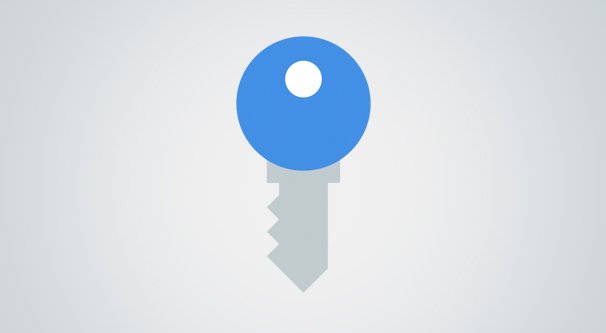
From time to time – and for some people, more often – you may log into Facebook and find a message preventing y'all from doing so. The message takes many forms, but the end upshot is the same: Facebook wants you to change your password.
This isn't some misguided attempt at reckoner security. Facebook doesn't desire to bargain with the overhead of forcing everyone to change their passwords on a regular basis, let lone the issues they'd take processing password resets over and over for people who forget. At that place's even a growing wealth of research indicating that mandatory password resets are bad. They lead people to creating lazy or simple passwords so they're like shooting fish in a barrel to recollect, rather than creating potent passwords.
No, the problem is ane with many causes. Facebook has detected some reason for them to be concerned about the security of your account. While they endeavor to figure out what's going on, they ask you lot to verify a login and reset your password, simply in case.
For near users, this never happens. For some, it only happens in instances where your information has been compromised. For many, information technology happens due to apps, which I'll discuss in a chip. Occasionally, it happens because of geographic quirks or software. More on those as well.
Regardless of why it happens, there's aught you tin do to finish information technology, not really. Once Facebook asks yous to change your password, you take to change information technology. It's only when they're forcing this alter on you twenty-four hours after day after 24-hour interval that you have an effect yous need to take intendance of first. I'll bring up a few of those equally nosotros go likewise.
Here are the most common reasons why yous're being asked to alter your password, and what y'all can do virtually it.
You're Accessing Facebook from Disparate Geographic Locations
Probably the number one crusade of password reset requests is changing geographic locations. It's ordinarily a large jump, and it'southward unremarkably something that isn't otherwise indicated every bit a normal movement design. Making a business concern trip across the state or to another land can crusade it, though if you use Facebook on the plane or forth the way, they'll be able to track your motility and recognize that information technology'due south actually you.
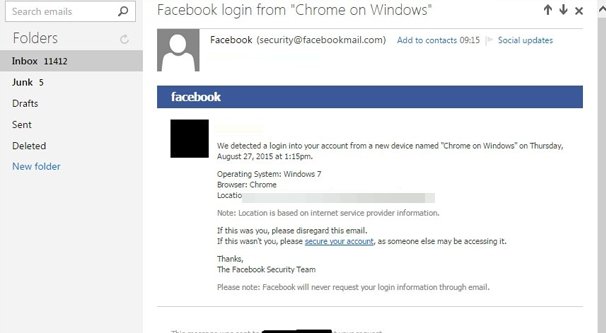
Generally, the bodily problem is when y'all're accessing your business relationship from multiple geographic locations in too brusk an amount of time to take made the trip. If you lot're using a tunnel to browse via your desktop at home and your phone abroad at the aforementioned time, information technology can cause problems. More likely, it's someone compromising your business relationship and accessing information technology from an unusual location. Banks have the same sort of protection, monitoring your travel habits and flagging anything out of the ordinary, which is why a sudden trip overseas might warrant talking to your bank ahead of time.
There'south no manner to tell Facebook you lot're on the move, so if you trip this flag while traveling, you'll have to reset your password. Otherwise, consider leaving Facebook on while y'all travel, or leaving it off while you lot're gone. Either way can work.
You're Using Proxies or VPNs
This is the same outcome as the above, merely triggered by software. VPNs make your web traffic seem to originate from a VPN endpoint, rather than your own connectedness. Proxies route your traffic through numerous computers and arrive look like information technology'due south coming from its endpoint as well, with that endpoint oftentimes originating in another country entirely. If you've ever wondered why "U.South. Proxies" are more than valuable than general proxy lists, that's why.
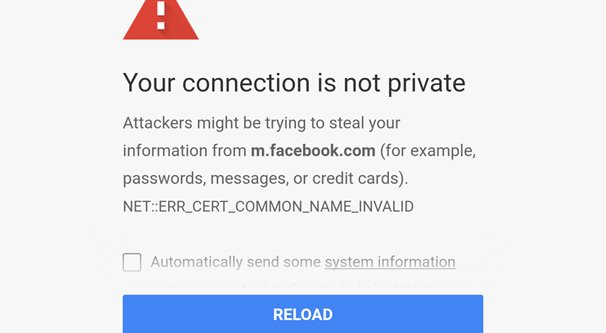
Other software can cause this issue likewise. TOR is a large one, since it's basically just anonymized proxies. Annihilation that makes it look as though you're browsing from a location that isn't your own, or inside a reasonable distance of your own, can cause this kind of problem.
The solution here is basically but to stop using that routing or proxy for Facebook. Honestly, if you're concerned enough near privacy to want to use TOR or a proxy list or a VPN, you probably shouldn't be using Facebook at all. Facebook is tracking way more information virtually you lot than the boilerplate ISP, and is existence more aggressive with using information technology to kicking.
There Was a Technical Problem
In rare cases, a technical event tin can cause a disparate geographic login and cause bug. I've only seen this a couple times. This is one example. In it, a misconfiguration from Microsoft was double-sending clicks from the user to reset his countersign, making it look similar he was simultaneously trying to log in from his home location and from the location of a Microsoft server farm. The geographic effect so caused Facebook to trip the flag immediately, causing another reset.
This is pretty rare, though. I wouldn't point to it as the cause of a password reset unless information technology'south something happening to yous every time you log in, over and over. Fifty-fifty then, it's more likely to be a shady app.
Someone is Attempting to Admission Your Account (Or Already Has)
At present let'south motility on to a cause that might be slightly more worth worrying almost. Information technology's 1 matter to trigger a password reset by accessing your own account in a way yous don't normally access it, getting flagged for abnormal behavior in the process. It's quite another thing to get the flag because someone else is tripping that flag.
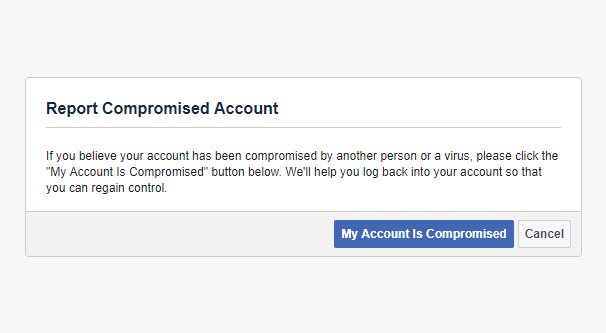
Now, someone else trying to admission your account might non mean your account is compromised. Someone simply attempting to crack your countersign tin make likewise many attempts in too brusque a span of time and become your account locked. Usually this just means you take to expect before you can log in, but now and then you lot may have to reset your password to arrive.
The real gamble here comes from someone accessing something like your e-mail account. Imagine if someone hacks access to your e-mail. They then become to Facebook and hit the reset countersign button, which sends yous an email, which they intercept and apply to reset your countersign. At present your Facebook has effectively locked y'all out, and the only recourse is lost because they already have control of your email.
This kind of hacking-based identity theft is not uncommon, though it's also more than frequently going to target things like your bank account rather than your Facebook page. Afterward all, these hackers are probably going to want money rather than a glimpse at your friends list or your private photos.
Unremarkably, the password reset prompt comes when someone is trying to access your business relationship and fails. If they succeed, information technology means they have your password or were able to reset information technology themselves. Sometimes, though, Facebook volition detect signs of a compromised account and will lock it even a while afterward the time information technology was compromised. If the hacker was subtle about information technology, you might never know you've been hacked if you don't bank check your access log.
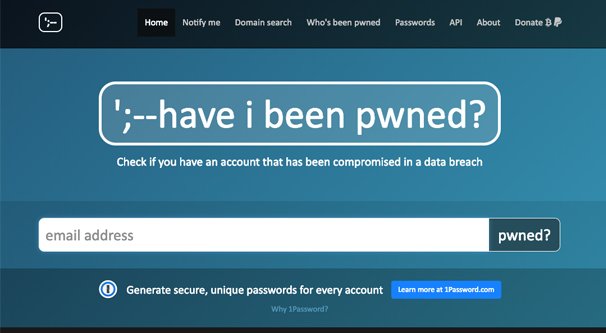
I highly recommend checking Have I Been Pwned every few months. You can plug in an electronic mail address or a specific password to see if your password has been compromised. This will only cover wide-scale information breaches, not individual, targeted hacking, but it's still worth checking. If one of your passwords has been compromised, change information technology anywhere you apply it.
It'south worth noting that just because a countersign has been pwned does not mean your countersign has been pwned, if it's a common password. Something like "password123" shows upward in those records over 100,000 times. It might not be fastened to your accounts in whatever of those cases. Even so, it means it's in a list of passwords someone tin use to brute force an account, and you lot should change it regardless.
You've Been Using Unsecure Apps
Facebook has had a lot of privacy and security issues over the final few years. One of the biggest, the Cambridge Analytica scandal, came about because information technology was discovered that sure otherwise-benign apps were harvesting large amounts of personal data from users who used the apps, and the house backside it was selling and using that personal data.
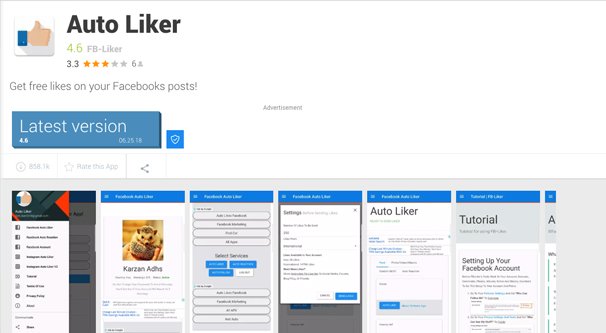
At present, there'southward nothing new virtually this. Harvesting and selling information is what many of these app companies do, specially free apps. Facebook does it themselves! The thing is, you lot're technically giving all of these companies permission to employ your information, by accepting a EULA or terms of utilize. Cambridge Analytica is in trouble because they didn't receive permission, not considering what they're doing is incorrect.
The fact is, many apps that used to come across proper security guidelines no longer meet those guidelines. Anyone who installed and used those apps is going to be asked to modify their countersign when the app is detected. I recommend you lot audit your apps, too, just I'll discuss that more at the end of this mail.
You've Been Using Apps that Violate the ToS
Some apps perform functions that violate the Facebook terms of utilize, community guidelines, or API restrictions. Some of them don't even use the API or the Facebook app platform, which makes them third party apps and not Facebook apps.
This is mutual amongst apps that are aimed at growing a Facebook folio for you. They perform actions that aren't allowed, and then they exercise and then manually rather than using the API. They couldn't go approved equally Facebook apps, then they make you log in through them and so they tin can take over.
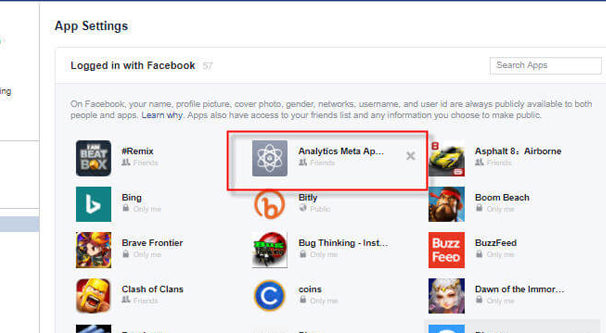
These apps accept unlimited admission to your account, because you simply give them your password. Many do what they claim to practise, fifty-fifty if that is against the terms of use. Facebook detects malicious activity – even when "malicious" just means rapidly following new accounts – and will lock a contour and request a password change. This is to prevent botnets from taking over accounts, merely information technology likewise serves to forbid people from artificially growing their Facebook pages using ane of these growth apps.
This most often happens with mobile phone apps, so make sure you lot remove any such Facebook-adjacent app from your telephone before resetting your countersign. Otherwise, as soon as you run it over again, you'll trip the same flag and y'all'll have to reset your password yet again.
Audit Your Apps
I highly recommend auditing your Facebook apps. Mobile phone apps besides, but that's easier. If an app is request you to log in to your Facebook business relationship, and it's not using the oAuth authentication system Facebook uses, it's probably stealing your information. Even if it does what it says information technology will do, and fifty-fifty if it's non doing anything against the terms of use – two long shots in sequence – it's still a compromise of your data.
At best, someone you don't know has your countersign. At worst, they've made you role of a botnet and will mobilize your profile to promote false news or spread viruses at the drop of a lid, as soon as they're paid enough to practice then.
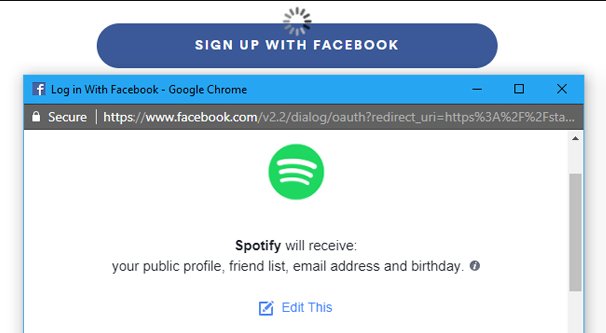
I nigh guarantee every one of you has encountered a friend or a friend of a friend sharing one of those faux ray-bans posts with some dumb URL, offering name-brand apparel at ten% of the usual price. Those people are usually compromised by clicking and authorizing an app they shouldn't have.
While clearing your mobile phone can have a hot minute, clearing your Facebook apps is a little harder. At least with your phone, you can just browse a list of all of the software on it. Facebook makes you dig into settings.
Commencement, log into your Facebook account, changing your password if necessary to practise so. Unfortunately, you tin can't change your password to the old one when you're done, so pick something you'll call back. Utilize a countersign manager if you tin can, so you can use a secure password without needing to call back it.
Adjacent, get to your settings menu. In the left sidebar you volition see Apps and Websites. Click information technology and you will be presented with a list of apps and websites that are authenticated using your information. They fit into three categories: Active, Expired, and Removed.
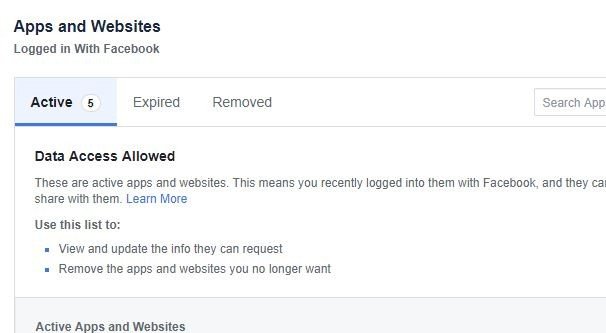
Active apps are apps that can currently access your account, and are the ones almost likely causing problems. Expired apps are apps that can no longer access your account, but could in the past. I recommend removing all of them. Removed is a historical list of apps you've removed, kept so you lot know if y'all've used an app that was compromised at some point.
I recommend removing any active apps that you don't currently use. You can always cosign again if you want to utilize them again. Expired apps aren't a problem, but yous can remove them all anyway.
One time you're washed there, click on the Instant Games and Business Integrations sections and practise the aforementioned audit. These are other types of apps yous may have used in the past, but have the same categories and the same concerns. Once done, be careful with whatever apps you choose to authenticate in the time to come.
Related Posts
Comments
Exit a Reply
Source: https://autolikes.com/blog/2019/03/why-facebook-reset-password
0 Response to "Facebook Is Askinh for My Password Over Again"
Enregistrer un commentaire